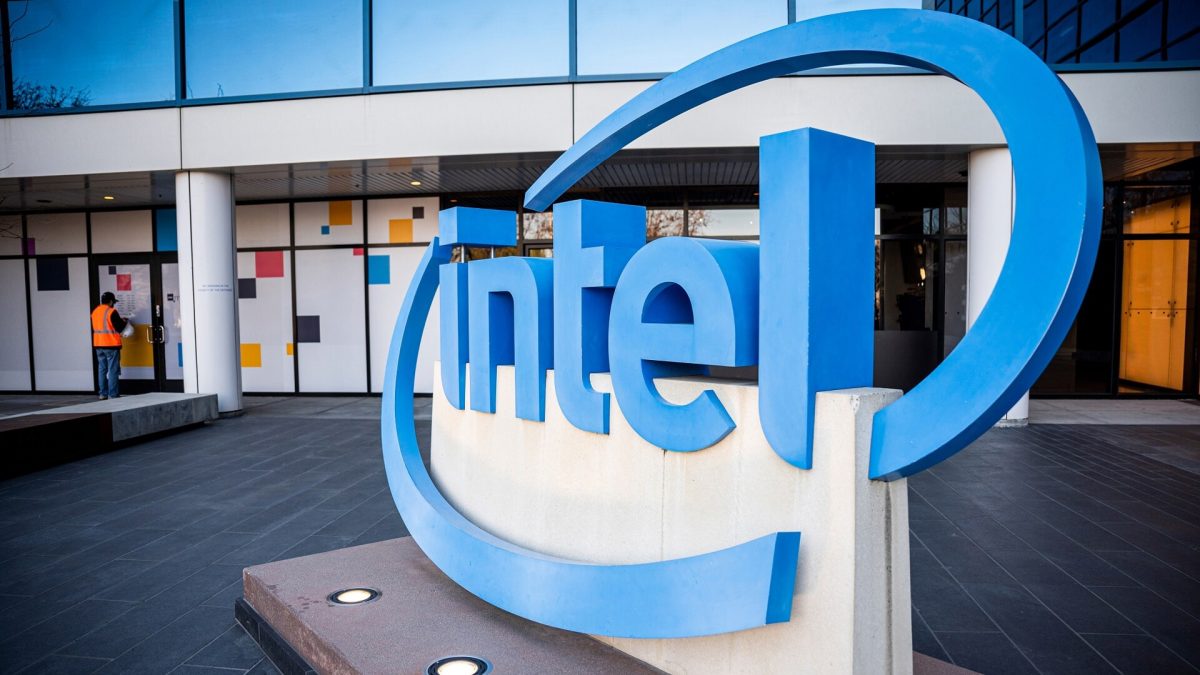Intel, once a dominant force in chipmaking, is now at the centre of discussions that could see the company split in two.
According to a report by Reuters, Taiwan Semiconductor Manufacturing Co (TSMC) and Broadcom are separately exploring potential deals that would divide the US chipmaker’s business. While nothing is final, sources suggest these discussions have been ongoing, albeit informally.
Broadcom is said to be particularly interested in Intel’s chip design and marketing division. The company has reportedly been in talks with advisers about a possible bid but would likely only move forward if it can secure a partner to take over Intel’s manufacturing business.
Meanwhile, TSMC, the world’s largest contract chipmaker, has been evaluating the possibility of acquiring some or all of Intel’s chip plants. One option under consideration involves leading an investor consortium to take control of the facilities.
Political concerns and national security implications
These potential deals have not gone unnoticed by the US government, which considers Intel crucial to national security. Intel’s interim executive chairman, Frank Yeary, has been leading discussions with potential buyers while also keeping government officials in the loop.
Reports suggest that Yeary is focused on ensuring maximum value for Intel’s shareholders, but that goal might be complicated by Washington’s stance on foreign control of key American chip assets.
A White House official has reportedly stated that while the US government supports foreign investment, it is unlikely to back a deal where Intel’s domestic factories would be run by a foreign entity.
The Trump administration is said to have discussed the matter with TSMC, with Bloomberg reporting that officials raised the idea of a deal between Intel and the Taiwanese chipmaker. TSMC was reportedly receptive, but any agreement would still require political approval.
Intel’s struggles and industry shake-up
These takeover talks come at a time when Intel has been facing significant financial and operational challenges. The company was among the biggest beneficiaries of the US government’s push to bring semiconductor manufacturing back to American soil, securing a $7.86 billion subsidy from the US Commerce Department in late 2023. However, despite these efforts, Intel has struggled to keep up with rivals like Nvidia, AMD, and TSMC.
Former CEO Pat Gelsinger, who was removed last year, had ambitious plans to revitalise Intel’s manufacturing and AI capabilities, but his strategy ultimately fell short. This led to cancelled contracts, financial strain, and a steep decline in the company’s market value. In 2023 alone, Intel’s stock lost around 60 per cent of its value, and the company was forced to cut approximately 15 per cent of its workforce.
Meanwhile, TSMC continues to dominate the industry, boasting a market valuation nearly eight times that of Intel. With clients like Nvidia and AMD relying on its advanced chip fabrication technology, the Taiwanese giant is in a strong position to dictate terms in any potential deal.
For now, Intel’s future remains uncertain. Whether it will be broken up, restructured, or find a way to regain its footing is still up in the air. However, with major industry players circling, one thing is clear—the battle for control over Intel’s assets is just beginning.


)

)
)
)
)
)
)
)
)



